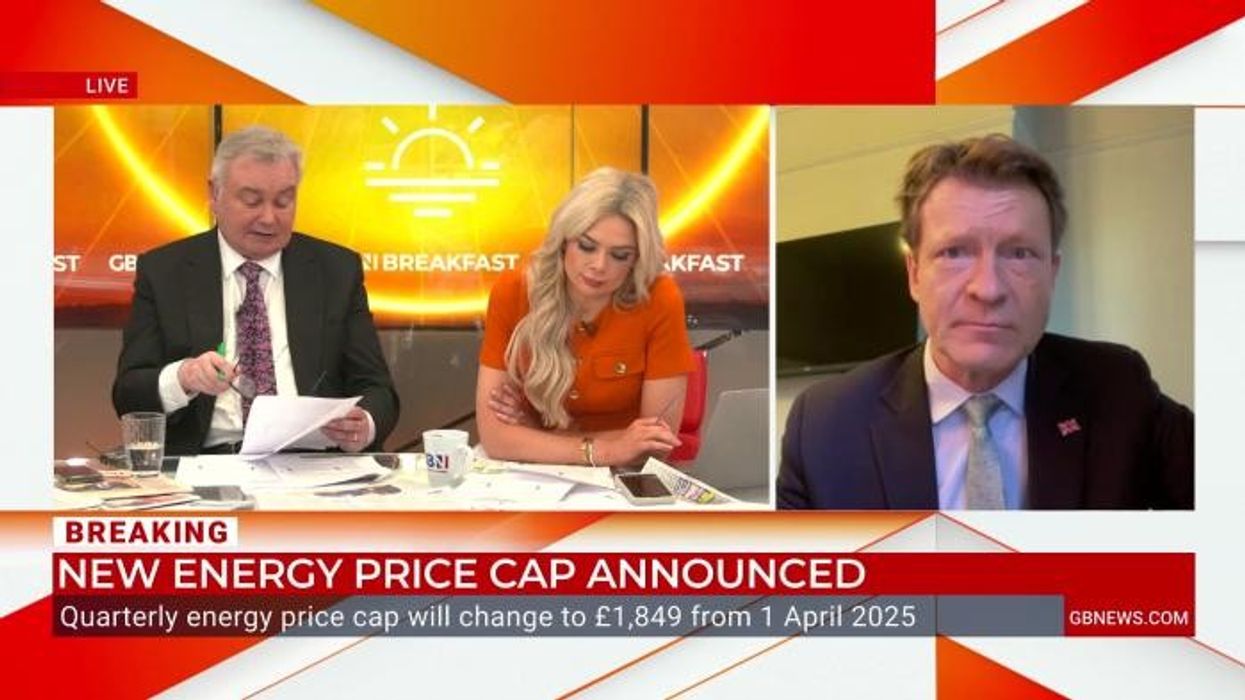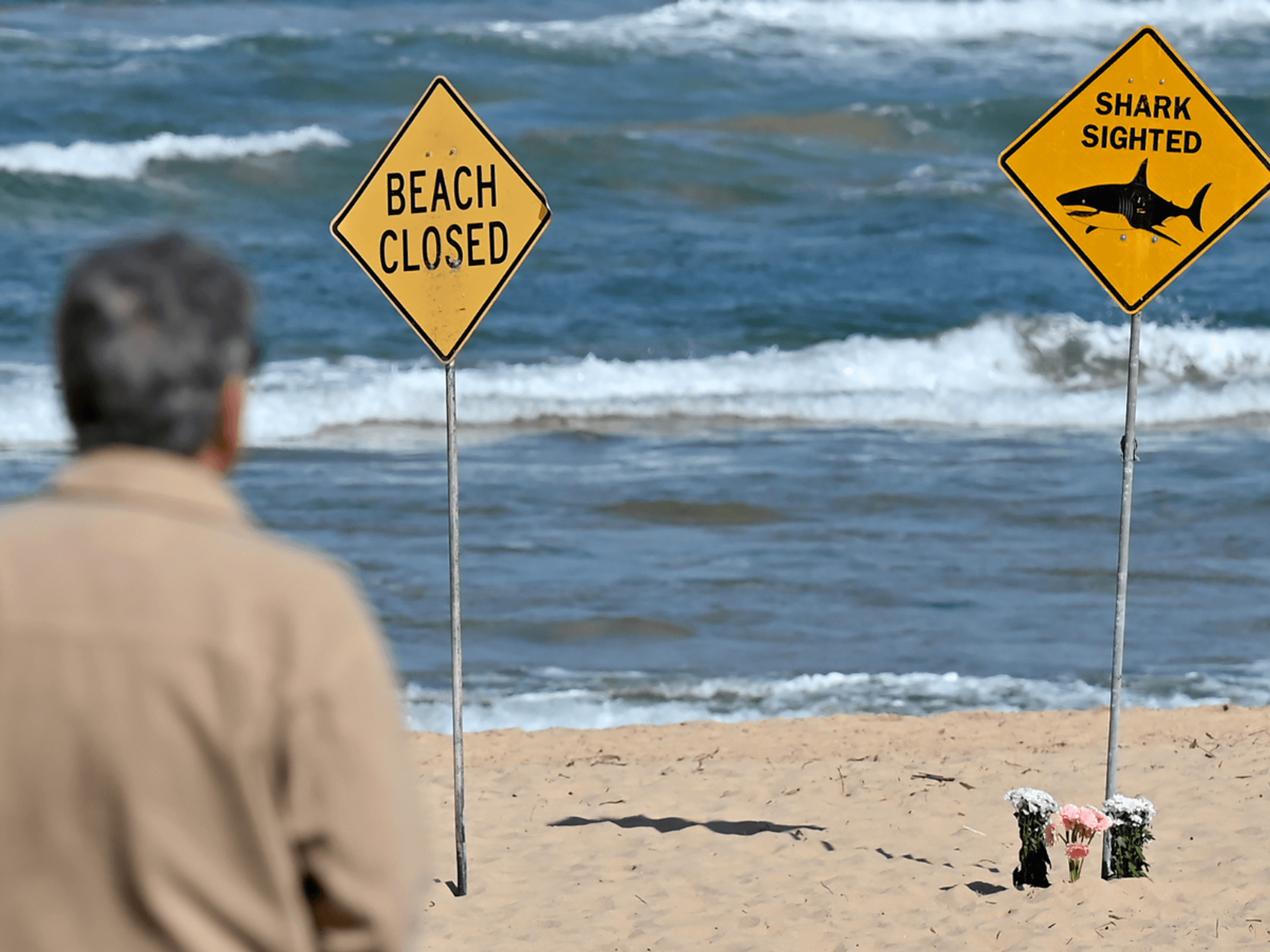Climate alarm challenged as expert warns: ‘Don’t wreck the economy for half a degree’
Met Office report claims weather extremes are becoming the new normal - but climate analyst Paul Homewood says the changes are more modest, the costs extreme, and the causes uncertain
Don't Miss
Most Read
Trending on GB News
A climate analyst has called for calm after a Met Office report found that temperature and rainfall extremes are becoming the new normal due to climate change.
Paul Homewood, who has researched climate data for the energy policy think tank, the Global Warming Policy Foundation, said his own analysis of the Met Office figures is far less alarmist. He also questioned whether human activity is entirely responsible for changing weather patterns.
Responding to the Met Office’s State of the UK Climate 2024 report, released today, Mr Homewood also challenged the rationale behind costly climate policies. According to the Renewable Energy Foundation, green energy subsidies alone are costing the UK £25 billion a year.
Homewood, who has analysed climate and energy policy for nearly two decades, said: “Who would be prepared to spend tens of billions of pounds a year and wreck the economy just to avoid a half a degree temperature rise in the next 50 years?The costs are frightening. We’re spending all this money, yet the UK accounts for less than one percent of global emissions. Even eliminating ours completely won’t make the slightest difference because emissions are rising elsewhere.”
The Met Office report claims records are being broken more frequently and that temperature and rainfall extremes are intensifying due to long-term climate shift.
But Homewood argues the scale of temperature change is more modest and far from catastrophic. And he questions whether all of it is down to human causes: “They say the most noticeable change has been the rise in temperatures - about a degree in the last 100 years. There are many possible reasons: recovery from the Little Ice Age, urbanisation, poorly sited weather stations, cleaner air from clean air acts, and of course greenhouse gases.”
He added: “Oxford is about one degree warmer than Birmingham on average. Does that make Oxford’s climate more extreme? Of course not.”
The Met Office also states the UK has become steadily wetter since the 1980s, but Homewood believes this is misleading:
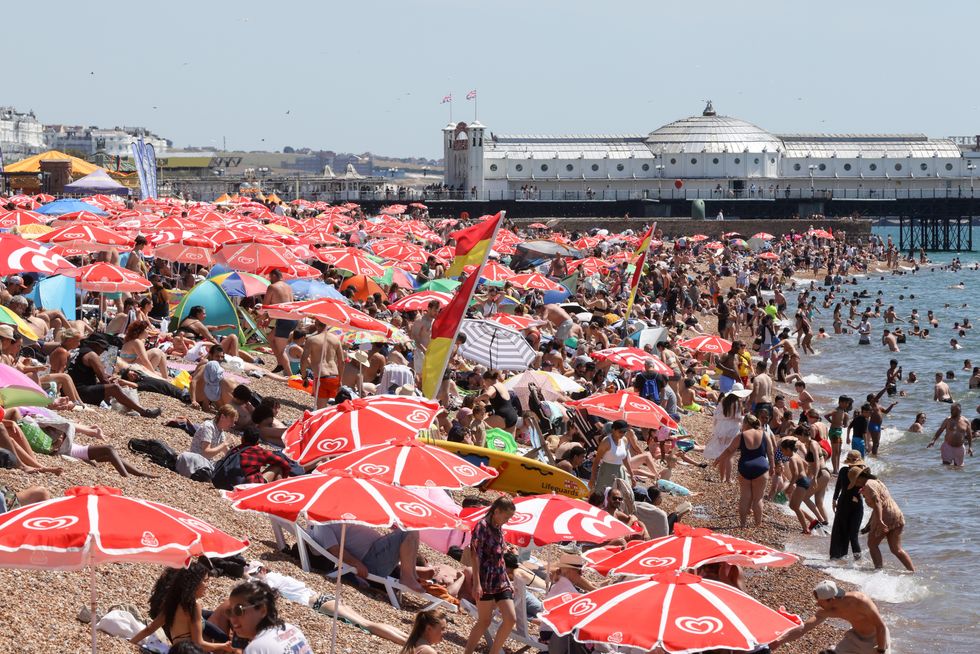
Thousands of sun-seekers seen under umbrellas enjoy the Brighton coast as the heatwave continues
|GETTY
“The 1970s and 80s were unusually dry. Yes, we’re in a run of wet years now, but there have been similarly wet spells before - the 1870s, 1910s, and 1920s.”
He also disputes claims that rainfall is becoming more extreme: “The full datasets show no such long-term trends.”
While the Met Office says sea level rise is accelerating, Homewood claims the report fails to present clear evidence: “No actual data is provided to support this claim.”
He cites long-running tidal records from Aberdeen, North Shields, and Newlyn in Cornwall: “All three show the same pattern - sea levels are not rising faster now than they were in the early 20th century. After a slower period, rise rates have returned to earlier levels.”
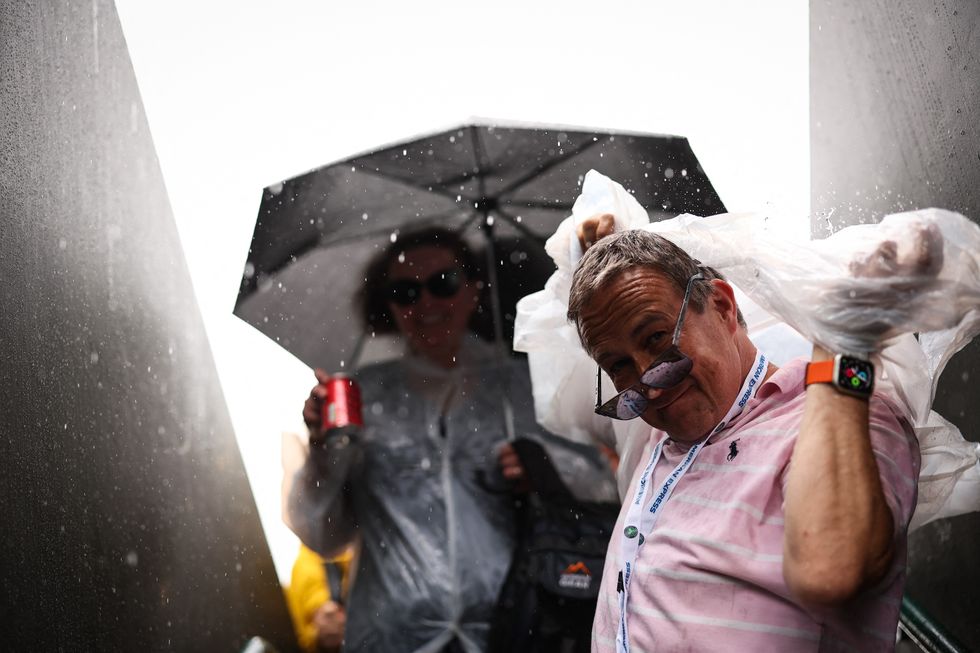
Members of the public holding umbrellas and puting on their raincoat leave court 2 as the rain starts to fall on the seventh day of the 2025 Wimbledon Championships at The All England Lawn Tennis and Croquet Club in Wimbledon
|GETTY
He notes the report itself admits some of the UK’s strongest storms occurred decades ago. “There are no recent storms that compare in severity with exceptional events like the ‘Burns’ Day Storm’ (1990), the ‘Boxing Day Storm’ (1998), or the ‘Great Storm’ (1987).”
However, according to the Met Office, the UK has warmed by 0.25C per decade since the 1980s, with the past three years among the five warmest on record.
Last year saw the warmest spring, the warmest May, and the wettest winter half-year in over 250 years, the report says.
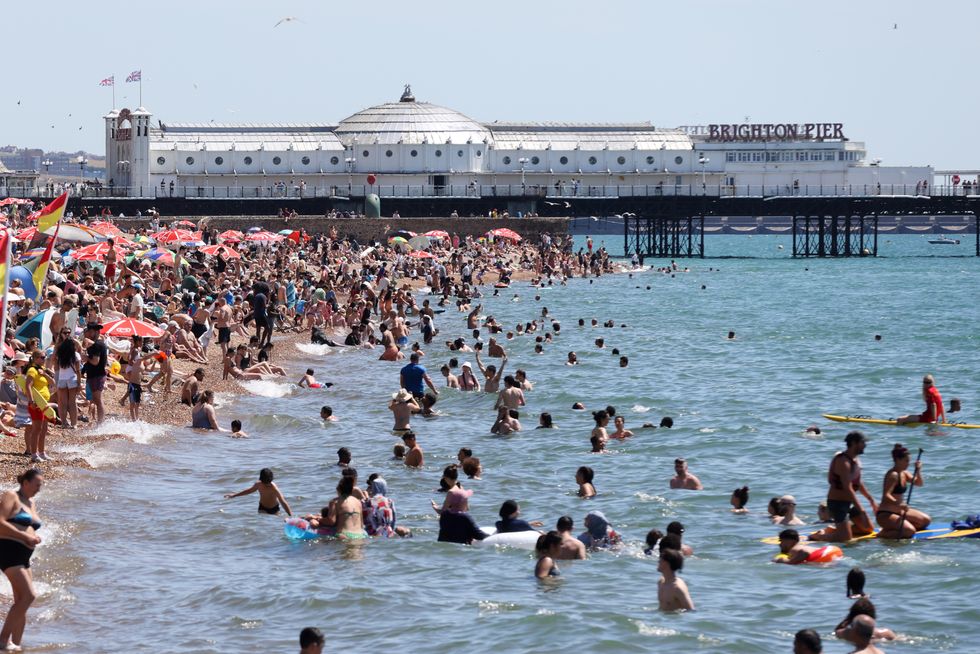
People enjoy a swim in the sea on Brighton coast as the heatwave continues
|GETTY
It also states that days with temperatures 10°C above average have quadrupled since the 1960s, and months of double-average rainfall have risen by 50 per cent.
Lead author of the Met Office report, Mike Kendon, said: “Every year that goes by is another upward step on the warming trajectory… the UK climate is now notably different to a few decades ago. We are seeing records broken very frequently as temperature and rainfall extremes are most affected by our changing climate.”
He added: “This pace of change and clustering of records is not natural variation. Numerous studies show that human emissions of greenhouse gases are warming the atmosphere and changing the weather we experience.”
More From GB News


